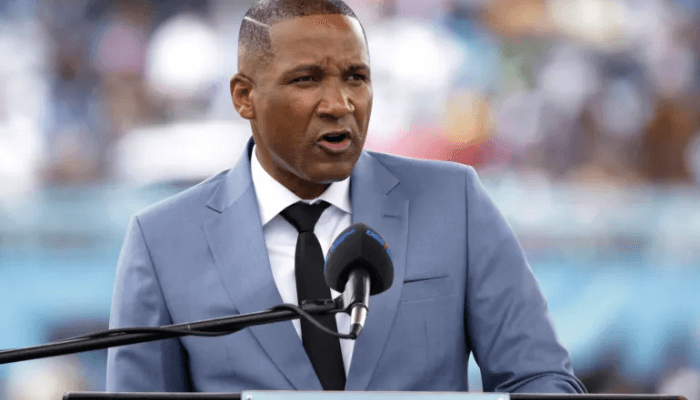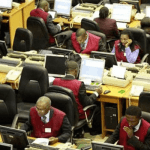Botswana has declared a national public health emergency after the collapse of its medical supply chain left hospitals and clinics across the country struggling with critical shortages.
President Duma Boko made the announcement in a televised address on Monday, warning that depleted government coffers, steep cuts in foreign aid, and a downturn in the global diamond market had combined to push the health system to breaking point.
Read also: World second largest diamond discovered in Botswana
ÔÇťThe medical supply chain, as run by central medical stores, has failed,ÔÇŁ Boko said. ÔÇťThis failure has led to a severe disruption to health supplies countrywide.ÔÇŁ
Shortages hitting patients nationwide
Earlier this month, BotswanaÔÇÖs Ministry of Health and Wellness admitted the system was ÔÇťseverely strained,ÔÇŁ revealing that the government owed about $75 million to private hospitals and suppliers. The strain has resulted in widespread shortages of essential medicines used to treat hypertension, cancer, diabetes, tuberculosis, asthma, and mental and sexual health conditions.
Elective surgeries have been postponed due to a lack of medical consumables such as dressings and sutures, the ministry confirmed.
Read also: 26 years of democracy: Nigeria totters behind Ghana, Rwanda, Senegal, Botswana
In response, the government has approved 250 million pula ($18.7 million) in emergency funding for medicine procurement. Boko said the military would take charge of distributing emergency supplies, with the first shipments leaving the capital, Gaborone, for rural areas where shortages are most severe.
Economic woes behind the crisis
Botswana, a country of 2.5 million people, has long relied on its diamond wealth, which accounts for about 80 percent of foreign earnings. But weaker global demand has seen revenues fall, forcing the government to suspend several ministerial purchases last month.
ÔÇťThe current prices [for medicine] often are inflated five to 10 times,ÔÇŁ Boko noted. ÔÇťUnder the current economic conditions, this scenario is not sustainable.ÔÇŁ
Read also: Botswana voters kick out ruling party after nearly 60 years
The crisis has also been compounded by the withdrawal of foreign aid. Under former United States president Donald Trump, Washington slashed assistance programmes, including support for HIV, malaria, and tuberculosis treatment. Prior to the cuts, the US funded nearly a third of BotswanaÔÇÖs HIV response and contributed $12 million through The Global Fund.
Calls for urgent action
Humanitarian agencies have warned of worsening conditions. UNICEF said ÔÇťurgent actionÔÇŁ was needed to address the crisis, pointing to high levels of child malnutrition in parts of the country. In one western district bordering Namibia, one in five children is underweight.
Public health experts warn that without swift intervention, the disruption could undermine BotswanaÔÇÖs hard-won reputation as one of AfricaÔÇÖs most stable and well-governed nations, and reverse decades of progress in tackling diseases such as HIV.











